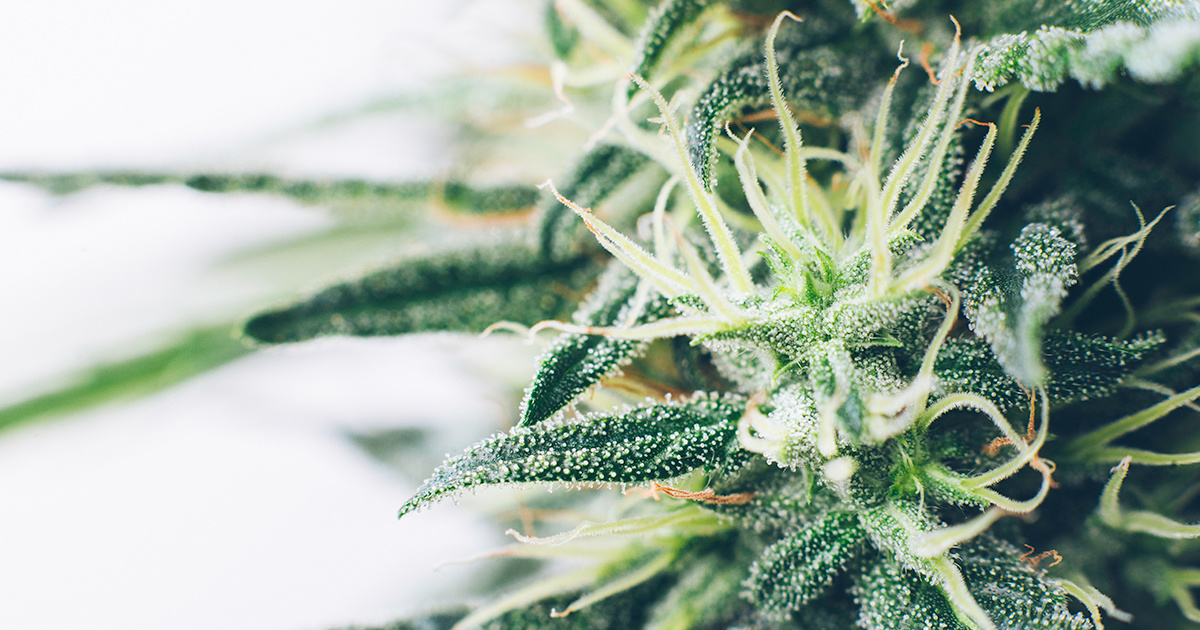

Yarygin / iStock / Getty Images
By Dan Nosowitz
Marijuana regulation is well behind its legalization; there isn’t really any alternative, given that research and consumer desires will shape what we know and want from the crop.
But we’ve got a couple of new recalls, so it’s worth looking into the recall history of cannabis products in North America. In Michigan, cannabis has only been legal since Dec. 6, 2018, and yet there’s already been a recall, the state’s first. Our neighbors to the north have one too, from a Toronto-based company called Up Cannabis.
Since 2012, when Washington became the first state to legalize recreational cannabis use, nine more states (plus Washington, DC) have joined in. There have been several recalls already in those states, and those have typically been due to high pesticide use—for example, this Colorado recall of 100,000 cannabis-infused lollipops and candies, or this Oregon recall of a specific strain of marijuana called Blue Magoo.
Each individual state is responsible for instituting its own regulatory system; as the plant is not federally legal, national programs like the National Organic Program are usually not available. (There is no federally regulated organic cannabis whatsoever; any claim to a cannabis product being “organic” does not have the same regulation that organic fruits or vegetables do.) As with much of the cannabis industry, sometimes the regulation has been slow to be put into place.
Michigan has only two approved laboratories for testing products at the moment, a potential bottleneck that most newly-legalizing states have had to deal with. And when one of those labs is found to have a major issue, as with Sequoia Analytical Labs in California, that bottleneck grows even worse. Sequoia was forced to surrender its testing license only a month ago after reports surfaced alleging mass falsification of test results.
There’s the additional problem that historically, cannabis has not been a carefully operated agricultural sector, largely due to its prohibition. When simply existing is highly illegal, excess use of, say, literal rat poison is hardly a grower’s biggest concern. Much of the new crop of growers, operating legally and within the boundaries of fresh legislation, are breaking from that history—but growing pains remain. It’s also worth noting that while cannabis is a far smaller crop than, say, romaine lettuce or chicken, there are many, many industries with worse safety records, at least so far. But given that this whole industry is so new, it’s worth keeping an eye on how it’s taking shape.
Reposted with permission from our media associate Modern Farmer.

 233k
233k  41k
41k  Subscribe
Subscribe 